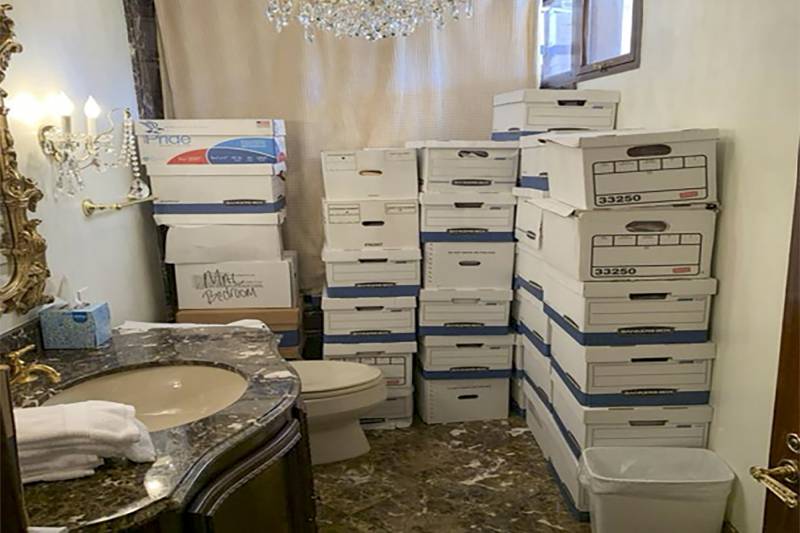Cannon’s decision goes against “every court before today” that has ruled on the issue, Chemerinsky said, noting that the Supreme Court has made clear that such special counsel appointments were constitutional and that several federal courts have agreed.
“It’s what the attorney general did back in Watergate … it’s what was done with regard to the Hunter Biden prosecution. It’s been done so many times, and so many courts have upheld it before today,” he told KQED.
Cannon’s handling of the documents case has raised eyebrows since its beginning, according to Chemerinsky. The Trump-appointed judge previously asked the FBI to halt reviewing records obtained in a search of the former president’s Mar-a-Lago residence until a third party could review them for any information covered by attorney-client or executive privileges — a decision the 11th U.S. Circuit Court of Appeals later rejected.
Throughout the case, “her rulings, like today’s, have strongly favored Donald Trump,” Chemerinsky said.
The dismissal comes on the first day of the Republican National Convention, where Trump officially became the party’s presidential nominee and announced Ohio Sen. J.D. Vance as his running mate.
He still faces three other criminal cases. Though he was convicted in May of falsifying business records in a New York hush-money case, sentencing has been pushed back in light of a Supreme Court decision granting former presidents broad immunity for official acts. That ruling will have major consequences for a separate federal case over Trump’s attempts to subvert the 2020 election and his role in the Jan. 6 insurrection. Another election interference case filed in Georgia has been delayed amid turmoil in the Fulton County district attorney’s office.
Smith can appeal Monday’s decision in the classified documents case and likely will, but Chemerinsky is urging Garland to have the Justice Department refile the indictment itself through the United States attorney.
Although that would circumvent the lengthy appeals process, Chemerinsky said it does undermine part of the appeal of a special counsel — separating the case from politics.
“There is a loss of public confidence when the investigator, the prosecutor, is responsible to a political appointee, the attorney general,” he said. “The value of having a special counsel is that it’s somebody who has a degree of independence, and we are more likely to have confidence in the investigation and prosecution.”
Either through an appeal or a refiling, Chemerinsky believes it is “inconceivable” that the case be tried before November, solidifying that if Trump is elected, he will likely pardon himself with regard to the charges. Whether this is legal is a question that hasn’t yet been answered.
KQED’s Sukey Lewis contributed to this report.
